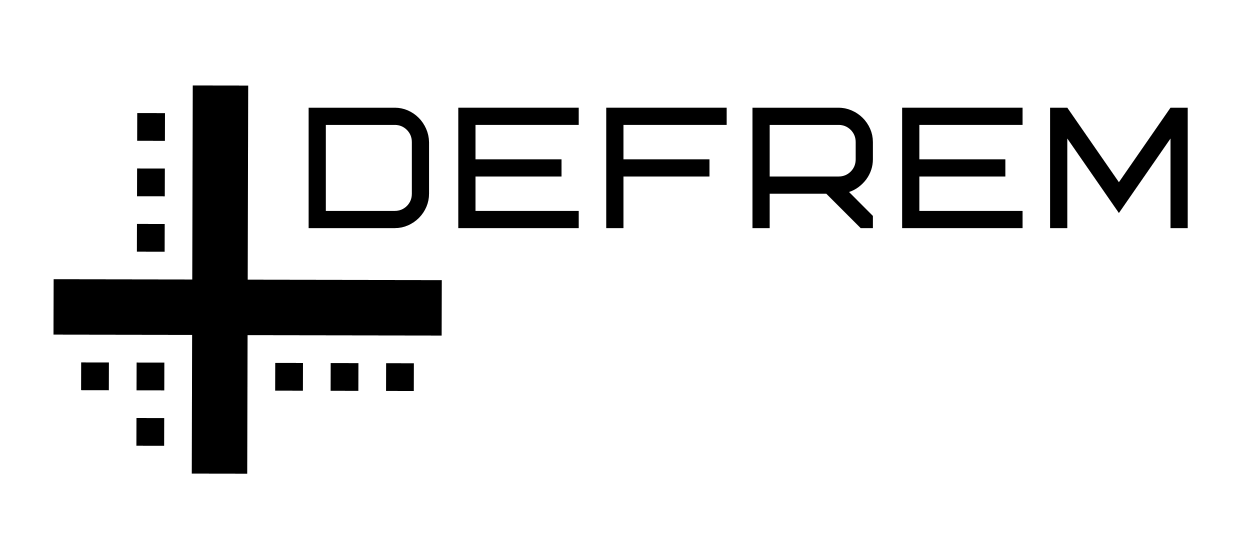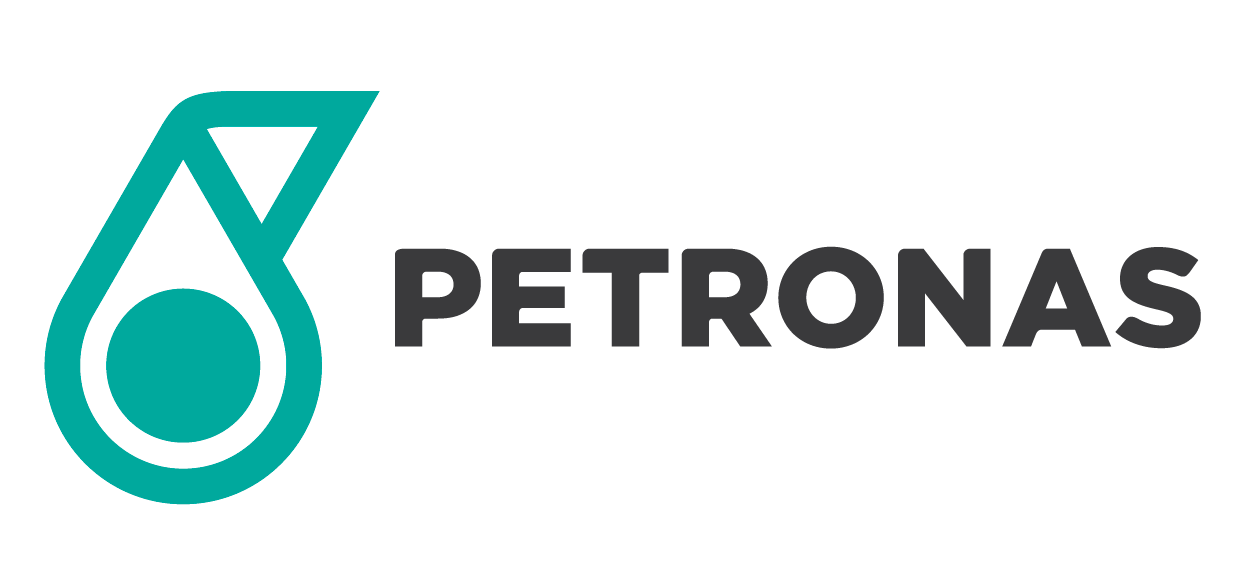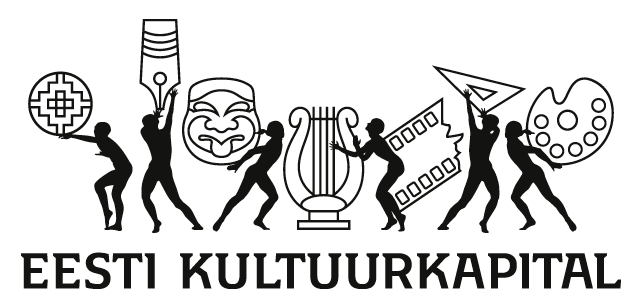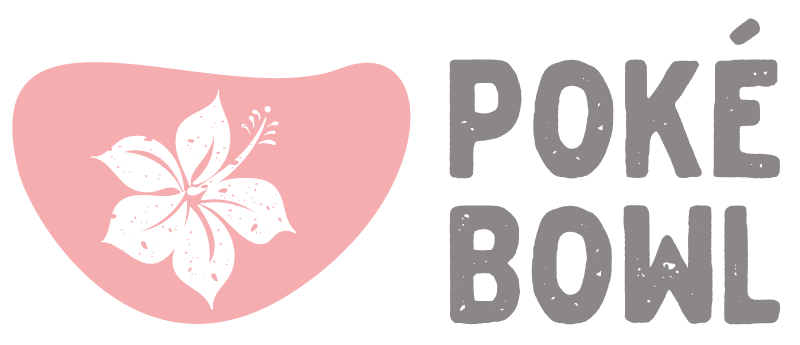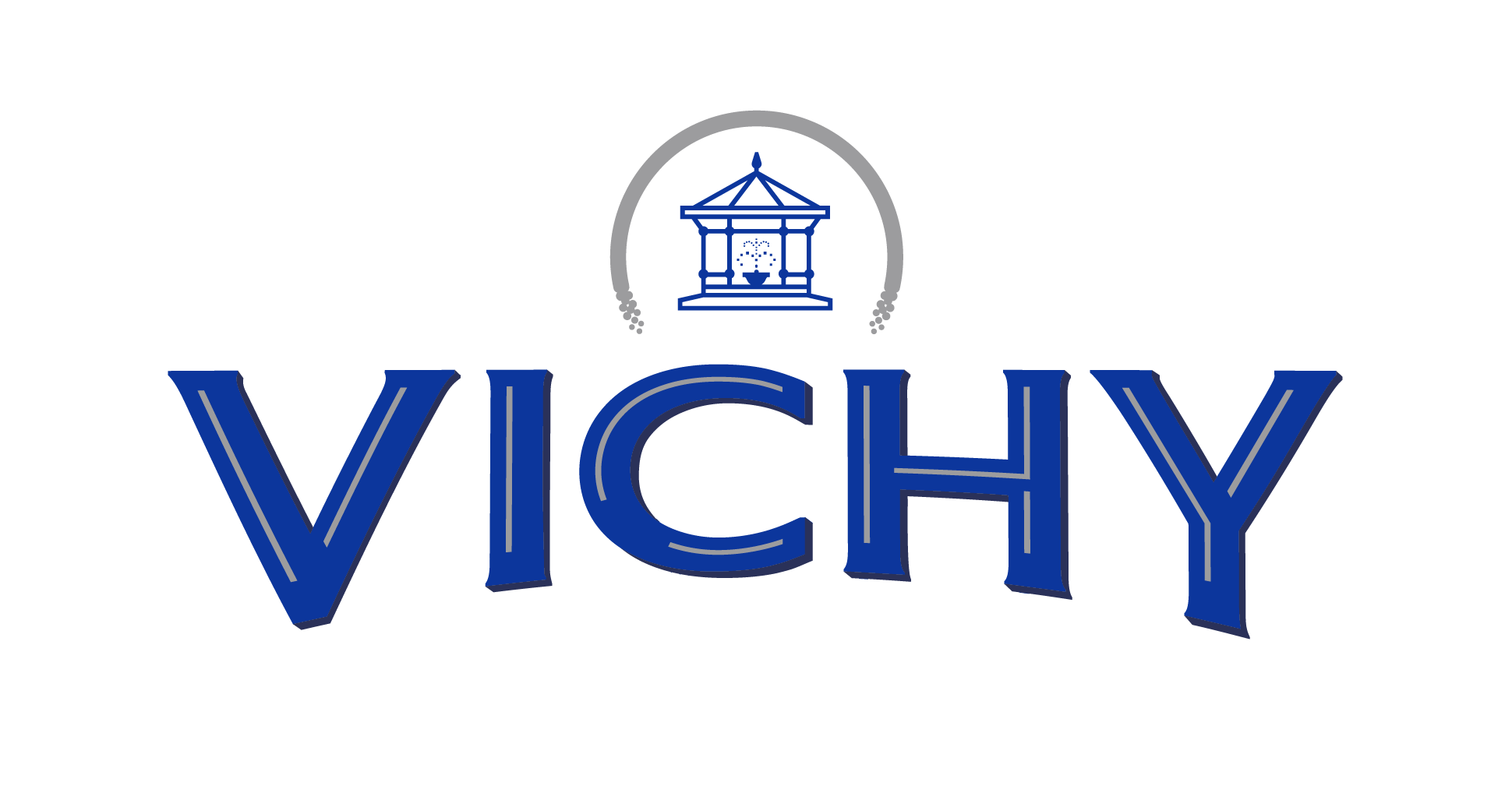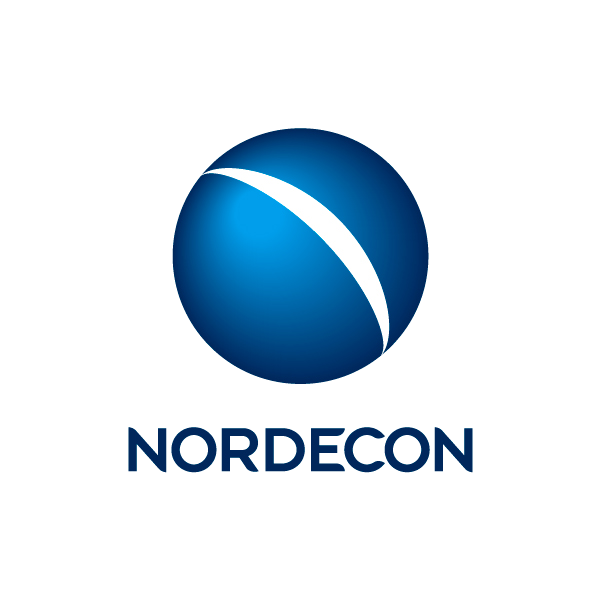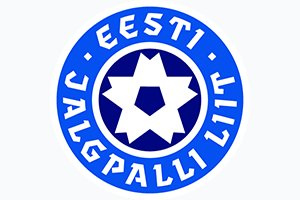We thank the major sponsors
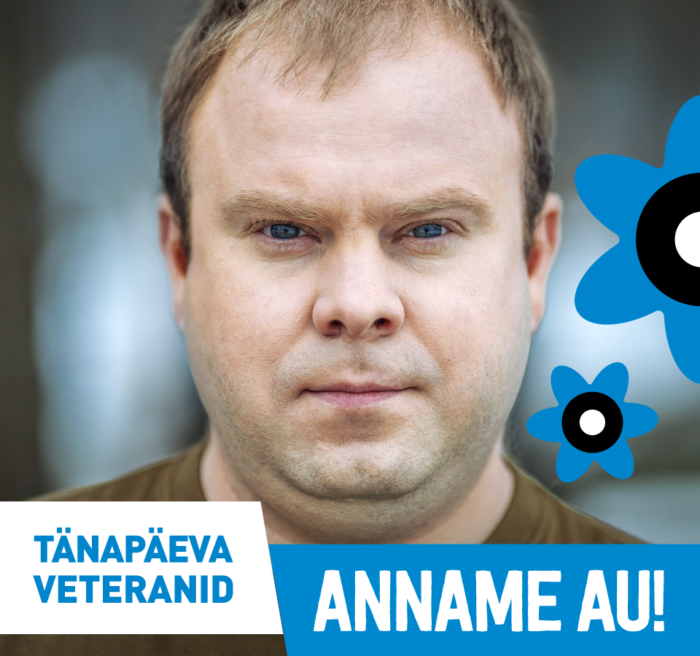 Ветеран Вильяр Бауман
Ветеран Вильяр Бауман
16.03.2016
Viljar Bauman – Telia AS Cyber Security Specialist
What was your career in the Defence Forces like (where did you serve and for how long)?
I started my military service in July 2005 in the Pärnu Single Infantry Battalion as a private. I passed the NCO course and transferred to serve as a reporter at the Defence General Staff Information Center. When my military service ended, I continued as a civil servant at the Center for Peace Operations as a public relations specialist. From there, I proceeded to pre-mission training, and in December 2007 I was sent to Iraq as part of Estpla-16.
Why did you decide to go on a mission?
While working as a civil servant on a daily basis with peace operations units, I got the urge to go on a mission as well. It had been a year since military service and I still remembered the life of a soldier clearly.
What is your profession today?
For most of my career, I have been directly involved with national defence. My current position is also close to defence. Namely, I earn my living as an information security specialist in a telecom company, and this job also requires offering cyber protection to our customers.
What is your connection with the Defence Forces today?
Above all, memories and great friends. In addition, I am a volunteer in the Cyber Defence Unit of the Defence League.
What was the main takeaway from the mission experience?
How did this affect choices later in life?
As the Scouts would say, “Brotherhood for life”. Going on a mission and serving in the Defence Forces is a valuable experience in itself that could be talked about for hours. In short, I gained good friends, valuable teamwork skills, and broadened my horizons both culturally and globally. Later life choices have always been influenced by this want of creating a feeling of protection, and thus my life choices are based on how life would be safer for everyone.
Which skills and experiences gained on the mission have been useful later on, in work or social life?
Communication skills – both linguistically and culturally. On the mission we encountered different nationalities, which gave invaluable experience interacting in different cultural spaces. Secondly, discipline and order. I use it a lot in my daily life seeing that it works and actually makes life easier. As a visual example, I can draw a parallel with bringing equipment on a mission with a backpack and going on a trip. Once you get the hang of it that you don’t scatter your bags all over the place but only take what’s necessary, it will help you save time as well as the give you the knowledge that you still have belongings. Thirdly – innovative thinking. To be able to find the good and the bad in new situations and reach the goal. From time to time it still comes up that some people think that those who can´t manage elsewhere join the army. In fact, it is the other way around – the profession of a defence soldier requires a lot of knowledge acquisition and thinking outside the box. As an example, let’s take some conventional trade like a bricklayer. He has a specific task with specific instructions to make something, that is, a wall. In contrast, a defence soldier must be universal. As it’s called in the Defence Forces – resourceful. While being on a mission you acquire so many different skills and you constantly have to to improvise. For example, at some point you might have to step out of the role of an armored vehicle driver and be a first aid provider in a critical situation. Or put the machine gun aside and operate the complex communication equipment. Personally, I have invented a couple of innovative IT-solutions thanks to the out-of-the-box way of thinking gotten from the Defence Forces.
How many people outside of your closest circle know that you have been on a mission?
Family and friends know that I have been on a mission. But, for example, when engaging with interests and in hobby groups it surprises many when it comes up.
What is the first reaction when people hear that you have been a defence soldier and have been on a mission?
The reactions are positive but from one extreme to the other. People who are not familiar at all with the Defence Forces confuse it with mandatory military service, the mission areas, etc. There is a lot of explaining what is what and who is who.
What do you think or feel when you see people wearing a Blue Hepatica pin?
I feel proud. It is very nice to see that people on the street care about what thousands of their countrymen, contributing to national defence, are doing.
Is there someone you think about or salute when you attach the Blue Hepatica pin on your chest?
I think of all the men and women who have served in the army, in the military, in the Defence Forces, who have worn a uniform.
What do you wish for your companions and the entire Estonian nation on this Veterans Day?
Let Us Salute!
The donations of the charity campaign go to the Estonian Society of Wounded Soldiers
We thank the major sponsors and sales partners
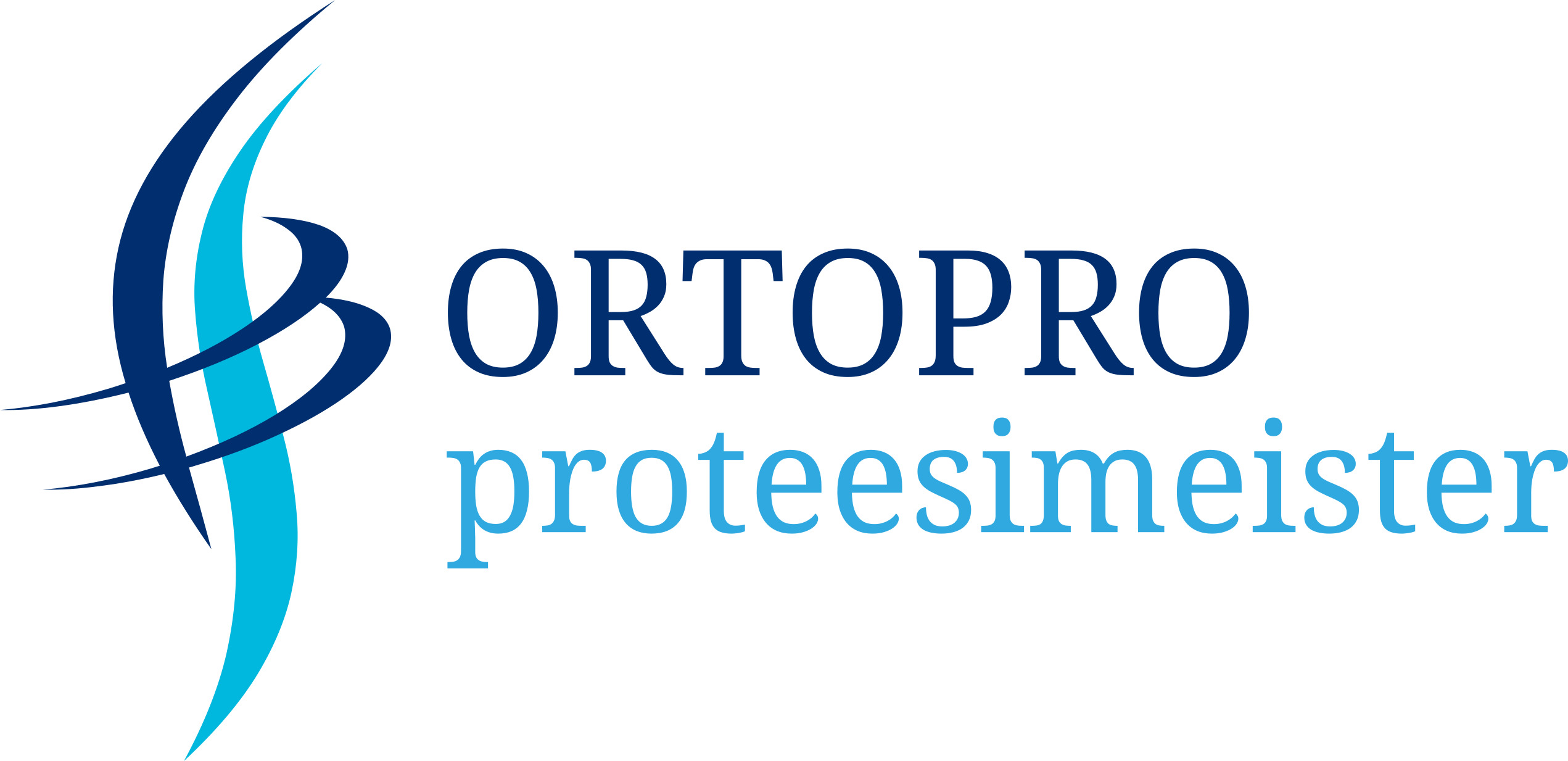



We thank the sponsors and partners

